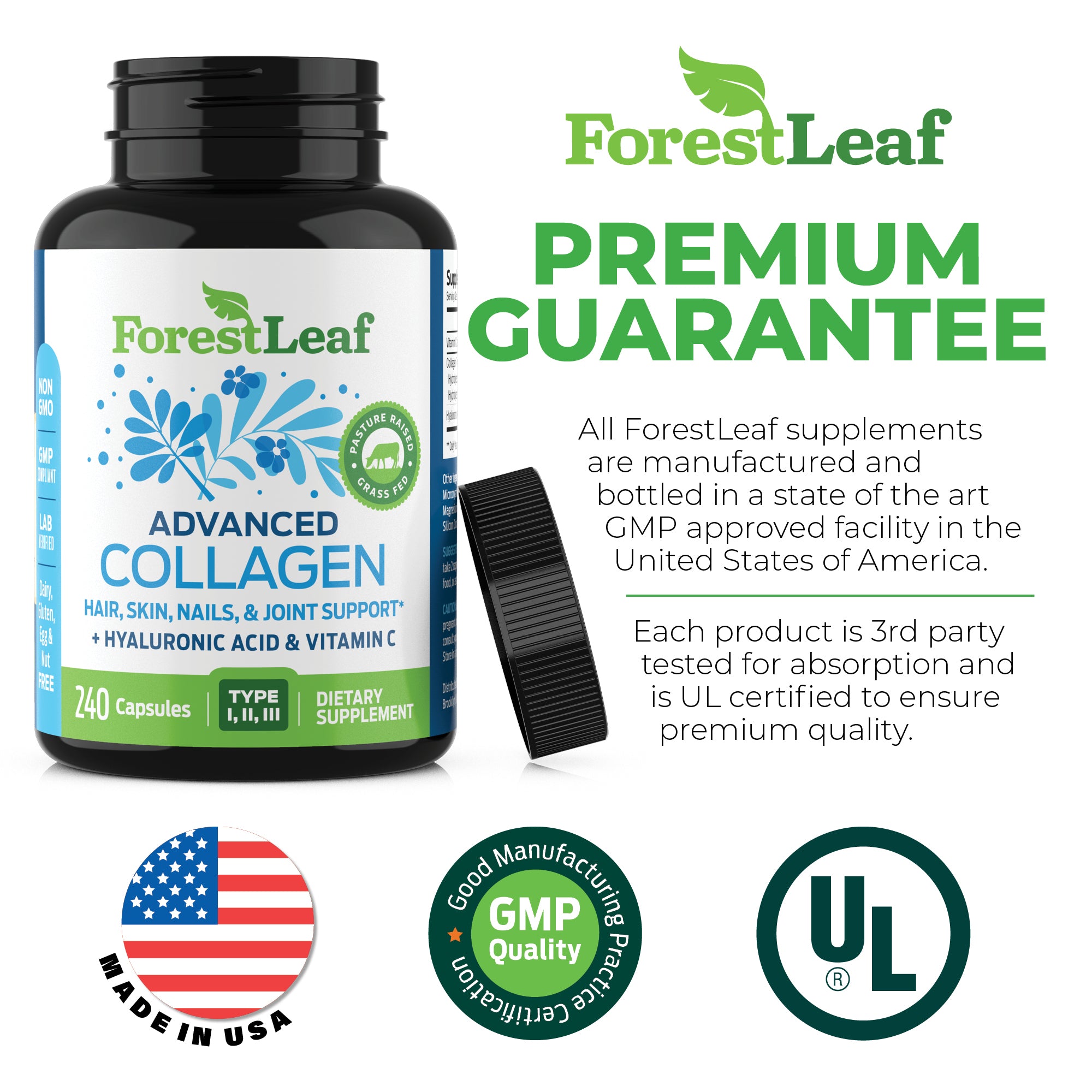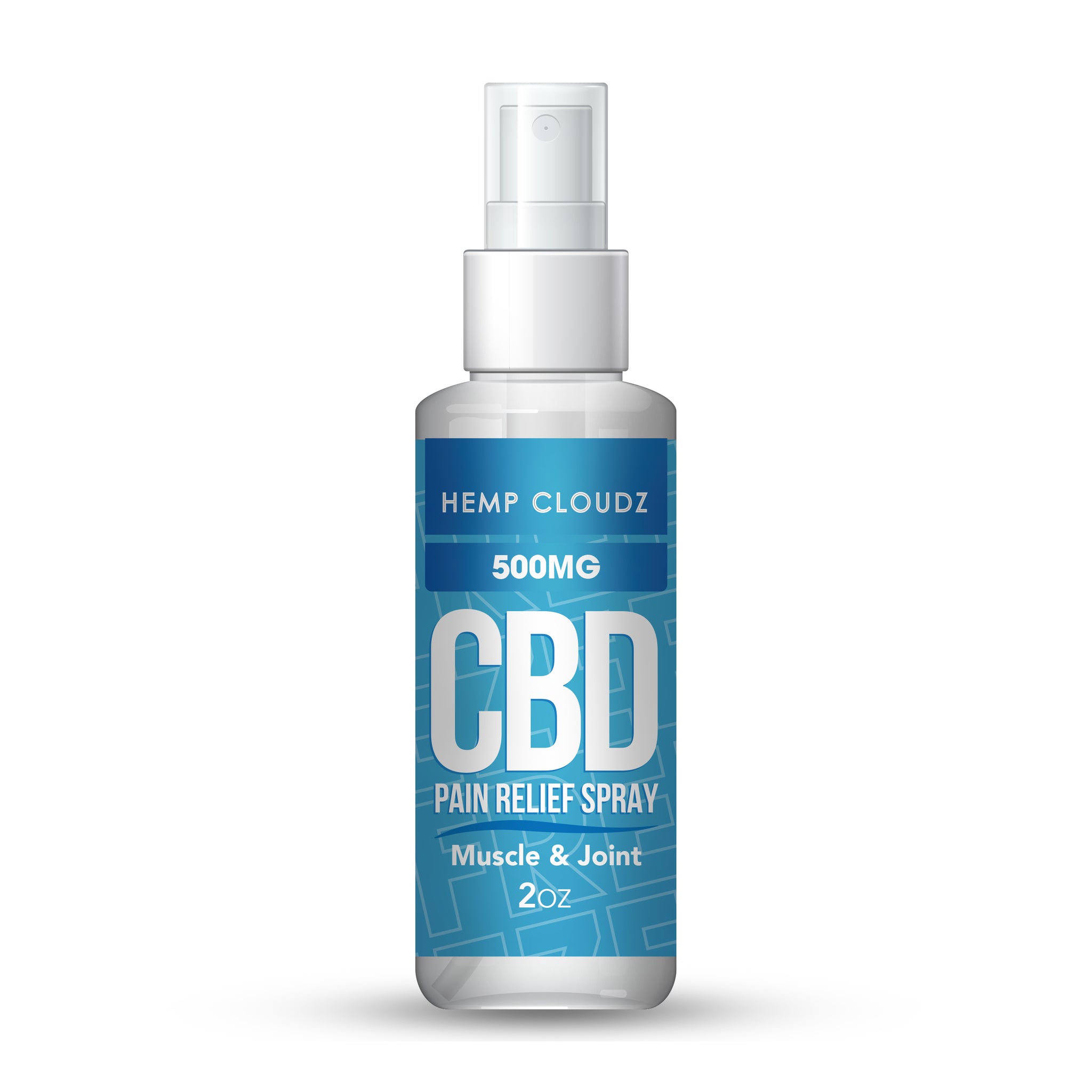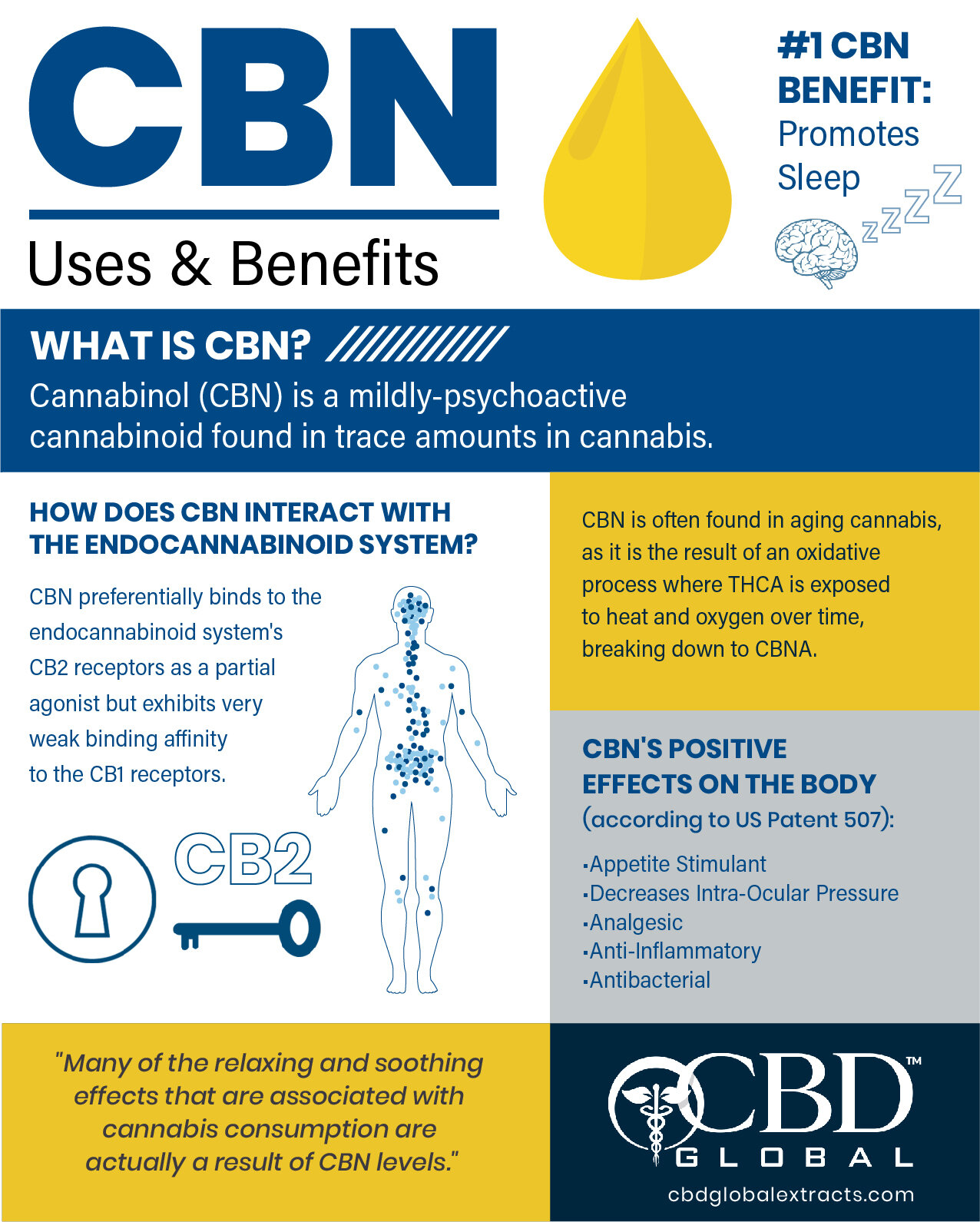
CBD can address many common health issues. It acts as an anti-inflammatory and pain reliever as well as a blood pressure reducer. It isn't yet clear if CBD can be used to treat these ailments. This article will provide information about this compound. It may interest you to learn more about its potential applications for humans.
Cannabidiol
Cannabidiol or CBD is a naturally occurring chemical that interacts directly with the human endocannabinoid process. This system regulates many bodily functions, including the production and use of hormones and neurotransmitters. It releases molecules known as endocannabinoids. These compounds attach to cells' receptors. These compounds affect the brain's neurons to control a range of processes including growth and differentiation.
Cannabidiol and CBD have been linked to a number of ailments, and they may be beneficial to those suffering from depression or anxiety. It is also useful in pain management. CBD is also beneficial for those suffering from inflammatory conditions such Parkinson's Disease.
Chinese believe CBD has pain-relieving, anti-inflammatory effects. This is one reason that many scientists are currently studying CBD. It has also been associated with a better immune system and a better mood. In addition, the effects of CBD are thought to be long lasting.
CBD is linked to a decrease in schizophrenia-like symptoms and signalling in brains. This has been confirmed by research. Researchers believe this may be due the inhibition of anandamide desactivation. GW Pharmaceuticals did a 2014 study which used CBD to supplement antipsychotic drugs.
Cannabidiol is also approved as a treatment of seizures in epileptics. It is now available in large quantities on the UK's NHS. The first medication to be approved for this compound is Epidiolex. Cannabidiol doesn't cause any psychoactive effects or euphoria, but it can reduce seizures severity by interfacing with the Endocannabinoid System.
A pain reliever
The natural pain relief that CBD provides is found in cannabis plants. It comes in many forms including oils, pills, and edibles. CBD works in the body for between 20 and four hours. CBD oil is a concentrated form and can be used to relieve pain.
CBD works by altering the body's endocrinoid system. This system can control sleep, mood, pain, and reproduction. It helps to relax the body, lower anxiety, regulate sleep, and regulates it. It is also used to treat chronic pain.
CBD activates CB2 receptors in your ECS. This allows you to manage pain. Deficiencies in these receptors are linked to various diseases and conditions, such as migraines and fibromyalgia. Cannabinoids can also be used to reduce pain thresholds and prevent the formation of inflammatory particles. These compounds are similar to nonsteroidal anti-inflammatory drugs (NSAIDs), which work by blocking the enzyme that produces prostaglandin.
Research has shown that CBD and THC can be used to manage pain. Despite being unregulated, CBD has been shown to reduce chronic pain. The research has shown that CBD may have a positive effect on inflammation, appetite, mood, and mood.
The body produces CBD and cannabinoids, which attach to brain receptors. The receptors are thought be involved in pain perception, inflammation, and other functions. However, the exact mechanism that CBD provides pain relief is still being investigated.
Anti-inflammatory

CBD is an antiinflammatory substance. It inhibits the expression and production of proinflammatory cytokines. In mice, CBD inhibits the expression of TNF-a and IL-8 through the inhibition of adenosine equilibrated nucleoside transporter 1 (ENT1). CBD also inhibits adenosine reuptake, which inhibits TNFa production.
Inflammation of your musculoskeletal system can lead to a variety of musculoskeletal disorders. These include tendonitis or osteoporosis, tendonitis or arthritis, fibromyalgia or autoimmune disorders. Chronic inflammation of the musculoskeletal system may cause stiffness and decreased ability to complete basic tasks. CBD can help relieve these conditions by improving the function of the skeletal muscles.
Bath oils can provide additional therapeutic benefits to the body by incorporating CBD. CBD baths have been proven to reduce pain, inflammation, and promote relaxation. They can also be used to treat minor skin irritations. CBD oil cannot penetrate the skin to enter bloodstreams, but it can interact with CB2 receptors.
CBD can also be used to treat multiple sclerosis. This neurodegenerative disease is caused by inflammation of nerves and central nervous systems. Preclinical research has shown CBD to be effective in protecting nerves, and rebuilding neural tissue. It was recently tested for use in the treatment of allergic contactdermatitis. This is a condition that causes itching, swelling, hives and itching. CBD is shown to reduce the levels of inflammation, but more research is needed to validate its use in this condition.
It is known that CBD interacts with many signalling pathways in your brain. It is known to activate the vanilloid receptor channel TRPV15 which regulates inflammation, pain, temperature, as well as temperature. These interactions are thought be responsible for CBD's antiinflammatory properties in central nervous system. CBD interacts directly with the PPARy signal, which is believed to be important for CBD's antiinflammatory actions.
Blood pressure reducer
CBD, a nonpsychoactive cannabis cannabinoid, is being increasingly studied for its potential to lower blood pressure. CBD is believed to lower blood pressure by reducing the heart rate-induced rise. CBD isn’t intoxicant. However, it is a powerful supplement which can have a profound influence on your overall health.
CBD is a potent antihypertensive and has multiple functions in the body. One function of CBD is its ability to reduce anxiety levels and stress. These are the two main causes of high blood pressure. CBD can also improve quality of sleep and improve mental focus. This is a characteristic that can be associated with lower blood pressure.
Despite these benefits CBD is not known to reduce blood pressure. Some preclinical studies have shown CBD to reduce blood pressure, and its response to stress. Researchers hope this will prove to be a useful tool for lowering high blood pressure in the future.
CBD has also been shown to interact with a number of prescription drugs. The CBD has been shown to reduce the amount of the Cyp3a4 enzyme that regulates blood pressure. CBD could interfere with blood pressure medication's effectiveness, making it contraindicated for some patients.
While CBD is not known to have an effect on blood sugar, evidence suggests that CBD can help improve mood. The brain activity of CBD is believed to be beneficial in helping people cope with stress, and may even improve their mood. CBD oil can have an effect upon blood pressure. These interactions require more research.
Acne Treatment

CBD is a great treatment for acne. It has both anti-bacterial and antiinflammatory properties. It's suitable for all skin types. You can easily incorporate it into your routine. It will not affect any products you are already using. Thirdly, the oily nature of CBD will not clog the pores like other creams.
CBD has been shown effective in treating acne. It is completely non-toxic, cruelty-free, vegan, and free from parabens. It is also made in the USA, which adds to its benefits. It is worth looking into.
Acne can affect many people. Hormonal acne can be difficult to treat for some people. Cystic bumps under the skin is an indicator of hormonal acne. Because these lumps are difficult to treat, patients often turn to oral medication to correct their hormonal imbalance. Hormonal acne sufferers may also find relief in CBD oil.
CBD may also help reduce sebum production, which is an oily and waxy substance produced naturally by skin glands. Excessive sebum can cause acne and scarring. CBD can help control acne by making your skin oil-free and clean. It can regulate oil production and reduce inflammation.
CBD can reduce scarring and is effective in treating acne. CBD can reduce the appearance of acne scarring and also relieve the itching that acne can cause. CBD is an anti-inflammatory that promotes the growth of healthy tissues.
FAQ
What are the most popular CBD brands?
These top CBD brands were handpicked by us on the basis of quality, reliability and value.
They offer high-quality CBD oil products that contain less than 0.2% THC.
We recommend you also check out our top CBD sellers worldwide.
Which states are the biggest consumers of CBD?
The top three states are California, Colorado, and Oregon. These states have large numbers, high incomes, and low rates of unemployment. They also have higher levels of hemp farming than other states.
California is the leader because its economy is heavily dependent on agriculture. It produces the majority of the nation’s fruits and veggies. This makes sense since cannabis is derived from the same plant as hemp.
Oregon and Colorado follow closely behind as both states produce medical marijuana. However, unlike California, these two states do not allow the recreational use of marijuana.
Other states that rank highly includes Washington, New York, Florida, Illinois, Pennsylvania, Mississippi, and Texas.
What are the prospects for the CBD industry in the future?
The future for CBD is bright. It is clear why so many people are getting on board with this industry. With over $1 billion spent globally by consumers on CBD products alone, it's not hard to see how this market is growing exponentially.
Statista predicts that global sales of cannabidiol in 2019 will reach $22.4 million. That's almost 200% more than in 2018!
The CBD market is also forecast to grow at 22.5% compound annual growth rate, which would result in nearly $6.8B in revenue by 2022.
This is great news both for those looking to enter the market as well as existing companies. But, it is important to remember that the CBD industry is still in its infancy. There will be many challenges.
How can CBD products be successfully promoted by companies in a regulatory-compliant way?
The FDA does not regulate hemp as an agricultural commodity. The FDA regulates cannabis derivatives (e.g. marijuana) under the Controlled Substances Act. To date, there are no specific regulations for CBD.
CBD is legal in 29 states. However, federal law still considers CBD illegal. Businesses that want to sell CBD products face uncertainty.
The FDA has strict guidelines regarding how CBD products can be promoted. To make sure that CBD products are clearly disclosed about their THC content, the FDA has established strict guidelines. Companies cannot claim that CBD helps treat certain medical conditions without scientific evidence to support this assertion.
The FDA also requires manufacturers to provide detailed information about their manufacturing processes and quality control measures. Companies are also required to participate in clinical trials in order to demonstrate safety and efficacy.
These factors should be considered by companies when they develop their marketing strategies.
Is there a saturation in the CBD market?
CBD industry is growing at over 25% per annum. This growth will continue at least five years. In fact, the industry is projected to grow from $2 billion today to $5 billion by 2020.
Two companies currently dominate the CBD market - GW Pharmaceuticals & Canndoc Ltd. Both companies have a focus on creating pharmaceutical-grade products. They have not been very effective so far. Both are struggling in the marketplace to gain traction.
Cannabidiol, or CBD (cannabidiol) is a cannabis extract that contains less 0.3% THC. It does not cause any psychoactive effects. It can be used to treat epilepsy, and other medical conditions. It can also be used as a dietary supplement.
There are many different types of CBD products available. Some CBD products are made with whole plants extracts, others use CBD isolates.
These products share one common feature: they all contain low levels of THC.
These products are legal under US federal law. However, this doesn't mean that you don't need to follow local laws when selling CBD products. Always check your state's laws regarding CBD products.
There are also several states that CBD products are prohibited. These are California, Colorado. Florida. Mississippi. Missouri. New York. North Carolina. Ohio. Oklahoma. Oregon. Rhode Island. South Dakota. Texas. Utah. Virginia. Washington.
If you live in one of these states, then you will probably want to avoid making CBD products.
Statistics
- however, one study also found that these effects were virtually abolished when the original media (a nutrient broth agar) was replaced with one containing 5% blood (increasing the minimum concentration to ~160 μM CBD) [179]. (ncbi.nlm.nih.gov)
- As a substance that was federally illegal before the passage of the 2018 Farm Bill, hemp-derived cannabinoids with no more than 0.3% THC still face a regulatory grey area. (forbes.com)
- While the primary injury may not be treatable, interventions that attenuate secondary sequelae are likely to be of benefit [203].Only one study (ncbi.nlm.nih.gov)
- A recent systematic review of human trials also reported that individuals with epilepsy receiving CBD (5–20 mg·kg−1·day−1) were more likely to experience decreased appetite than those receiving placebo (i.e., ~20 vs. 5% of patients) (ncbi.nlm.nih.gov)
- HR −16 mmHg; 95% CI −26, −6; I2 = 92%) (ncbi.nlm.nih.gov)
External Links
How To
What are the most common problems in the CBD industry?
The market for CBD is growing at an astonishing rate. However, there are still many challenges facing businesses looking to enter this space. There are many challenges facing businesses looking to enter this space, including low consumer awareness, high costs of entry and limited access to capital.
Many consumers don't understand what CBD is and how it works. This means that consumers are unable make informed decisions about purchasing CBD products.
CBD companies are heavily dependent on word-of–mouth marketing. This is costly, as it requires advertising and the hiring of staff to promote their brand.
Another issue for new entrants is the high cost production. The raw materials needed to create CBD products are quite expensive. CBD oil can only then be produced if the hemp has been grown in a specific environment.
It takes approximately $1,000 per acre to grow enough hemp to process into CBD oil. Many small farmers are unable or unwilling to invest in this product.
Another challenge new entrants face in the CBD market is the lack of access to capital. Due to the stigma surrounding the industry, banks discourage many people who wish to start businesses.
There is also regulatory uncertainty around the sale of CBD products. There are no established guidelines regarding the marketing of CBD products.
Some states have passed legislation restricting the sale of CBD products, but this has yet to become national policy.
Only Nevada and Maine have already legalized recreational cannabis.
However, some states like Massachusetts and Michigan are considering similar measures.
These changes could cause increased competition among CBD manufacturers.
These factors are why many entrepreneurs prefer to work from home than open a physical store.